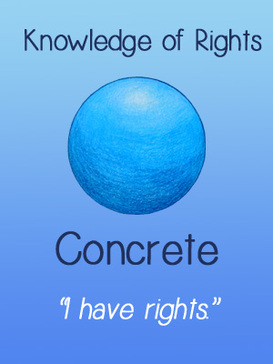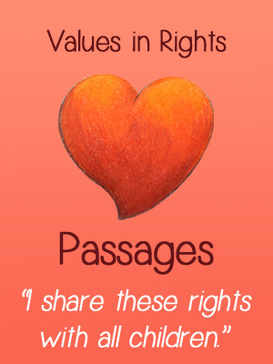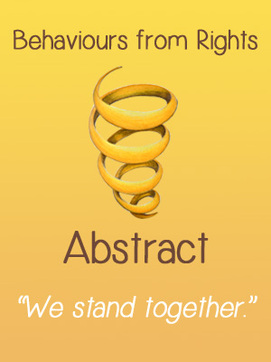Children's Rights Education is founded on the 3 principles of children's rights embodied in the Convention on the Rights of the Child:
Universality
The rights contained in the UN Convention on the Rights of the Child are universal to all children; every child is entitled to these rights and they shall not be taken away.
|
Indivisibility
The rights in the UN Convention on the Rights of the Child are inherent to the dignity of every child and each right has equal status. Respect for all rights is required for their full enjoyment.
|
Interdependence
Each right in the UN Convention on the Rights of the Child contributes to the realization of the child's dignity. The fulfilment of one right depends wholly, or in part, on the fulfilment of other rights.
|
The fundamental principle of children's rights curriculum is that it must be contextualized within and informed by the 1989 United Nations Convention on the Rights of the Child. It must also include the following 3 principles:
- Education for Knowledge of Rights
- Education for Values in Rights
- Education for Responsible Behaviours



